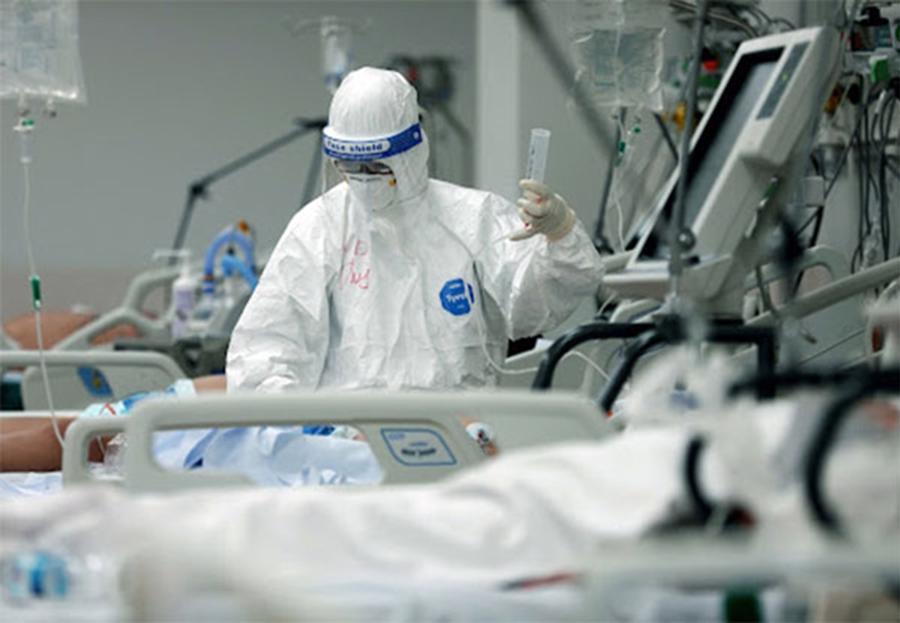Covid-19 classified as occupational disease in Vietnam
Workers in the six occupational groups, who have contracted Covid-19 at their workplace, are eligible to file social security claims and acquire specific rights under national regulations.
Vietnam will recognize Covid-19 as the 35th occupational disease that people can get in the course of their work, especially in certain sectors, and workers who contracted the disease at work can make social insurance claims, according to the latest circular issued by Vietnam’s Ministry of Health (MoH).
The circular, which will be effective from April 1, is aimed at helping employers reduce the risk of exposure and workers access key benefits.
Consequently, persons infected by the disease due to exposure to the coronavirus present in the work environment are insured.
The circular states that the causative factor is determined by one of the following documents: a SARS-CoV-2 occupational exposure dossier, evidence of sending patients to pandemic areas for prevention and relief work, or an assessment of prescribed occupational exposure factors.
Vietnam has just issued a circular regulating occupational diseases entitled to social insurance. File photo: Covid-19 treatment in Vietnam in 2020 (source: MoH) |
The Ministry of Health has listed workers in six occupational groups who are exposed to SARS-CoV-2, including medical workers in healthcare facilities, laboratory personnel involved in the collection, transport, handling, preservation, and disposal of coronavirus testing samples, workers in quarantine and home isolation facilities, medical workers in pandemic-affected areas, and others involved in the transport, preservation, cremation, and burial of Covid-19 victims.
Researchers, diplomats, customs officials, immigration officials, police, army soldiers, civil servants, and others involved in pandemic prevention and control are also at high risk of contracting the coronavirus.
The Ministry of Health has also informed that persons diagnosed with Covid-19 disease at work between February 1, 2020, and April 1, 2023, will be entitled to a medical evaluation and compensation for occupational disease in accordance with current regulations.
According to a Ministry of Health report, the coronavirus has infected more than 11.5 million people in Vietnam since the start of the pandemic, ranking the country 13th out of 230 countries and territories in terms of caseload. The total number of Covid-19 deaths in Vietnam exceeds 43,000, representing 0.4% of all infections.
According to the International Labour Organization (ILO), many nations, including Australia, Canada and China, France, the UK, and the US have already recognized Covid as an occupational disease, subject to evidence of infection through a job role.
The ILO added that at least 20,000 people die prematurely each year from occupational diseases. There are more than 70 prescribed occupational diseases known to pose a risk in certain jobs. These illnesses arise as a result of employment that requires close contact with a dangerous substance or circumstance.










